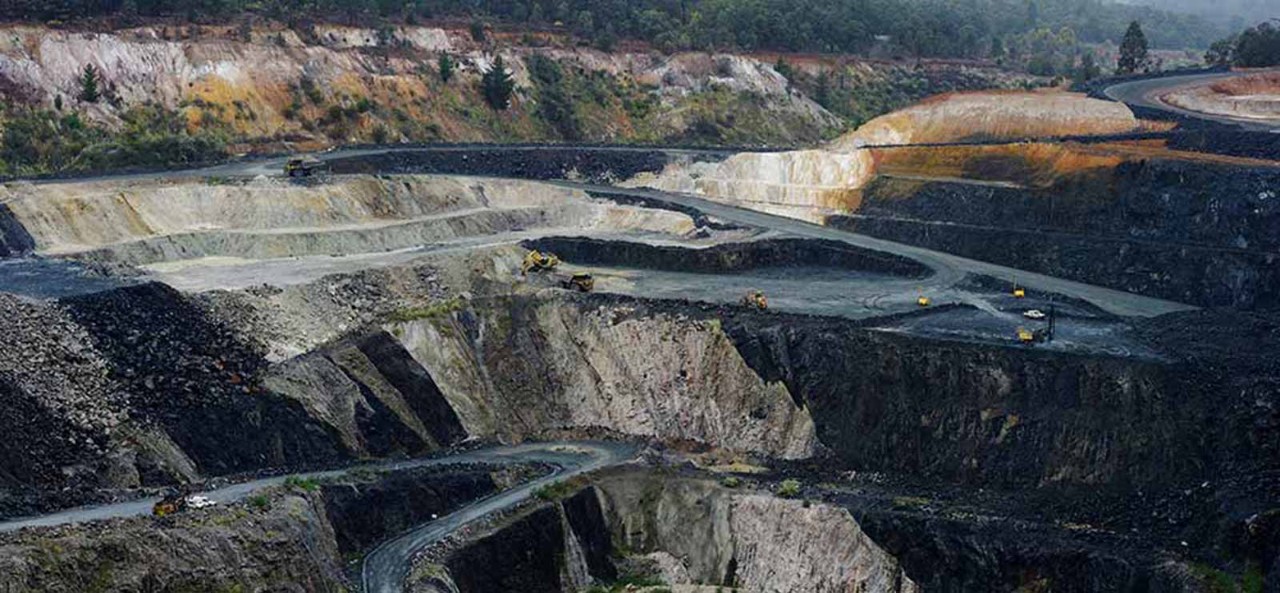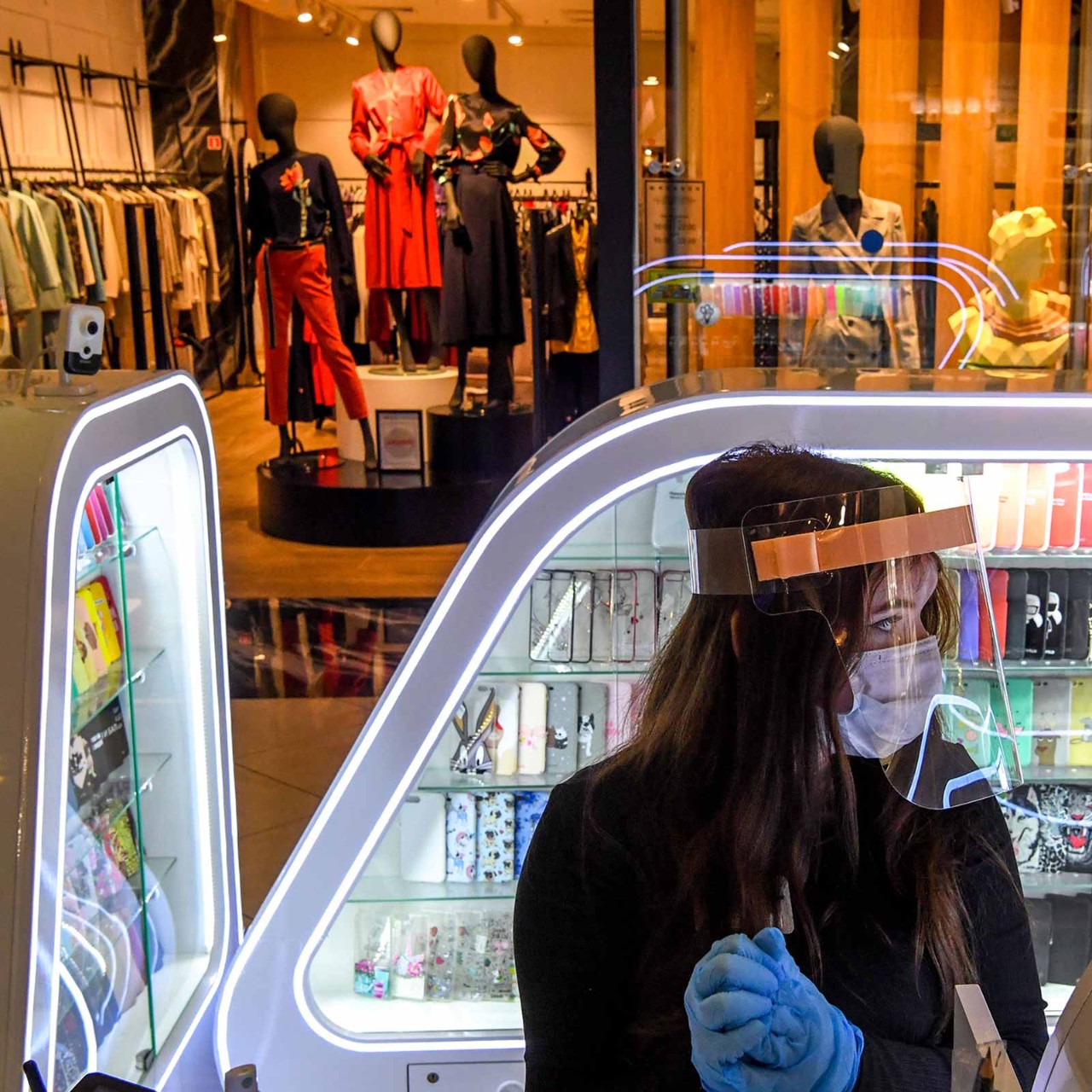
Environmental, social and governance (ESG) issues are increasingly important for any business’s licence to operate, in mining as much as any other sector.
‘There is a strong ESG angle to our company,’ says Alexander Shulga FCCA, vice president of finance at Lithium Americas. Listed on the Toronto and New York stock exchanges, Lithium Americas is currently constructing a large lithium project in Argentina as part of a joint venture. A second project, in the US state of Nevada, is at the earlier stage of engineering and seeking permits.
‘The output of our mines will be specialty lithium chemicals used in batteries – mostly batteries for electric cars,’ Shulga says. ‘We are proud to be part of a major transformation of transportation from internal combustion engines to electric vehicles.
‘But ESG is important for all public companies. We published our first sustainability report for 2019, prepared with reference to Global Reporting Initiative standards. It addresses things like emissions, climate impact, biodiversity, water, diversity and inclusion, labour, human rights, local communities, health and safety, and economic impacts. We expect to continue with these types of reports because we believe they are important for our investors and our communities.’
‘It’s about being ethical about how you run your mine and considering the people around it’
Key to success
‘ESG is an important part of doing business,’ agrees Anton Lobkov ACCA, group operations controller at TSX-listed Equinox Gold, a gold miner with operations in Brazil, Mexico and the US. The company produced nearly 500,000 ounces of gold in 2020 from seven operating mines and is building its eighth mine.
‘Mining is a highly regulated industry in terms of compliance with environmental and labour legislation,’ Lobkov says. ‘Most of the time the mine sites are surrounded by small communities. It’s our goal to make sure there is a safe environment at the mine site and that local villages are not affected. So we have KPIs to report on compliance with safety and environmental requirements.
‘Our sites have monitoring programs in place to detect any potential impacts from our sites and to allow us to take ahead ahead of time to mitigate those impacts. Any issues are escalated to the top level of the organisation. It’s part of management reporting. We are on the path to implementing some international standards in this area and working towards producing reports that will be available to the public. It’s important to have transparency.’
As a junior mining exploration company listed on the TSX Venture exchange, Macdonald Mines does not report on ESG matters externally currently. This doesn’t mean that ESG is off the agenda, though. ‘ESG is a big part of mining and its importance has increased over the years,’ says Fiona Fitzmaurice FCCA, CFO of the company, which is exploring for gold at properties in northern Ontario.
‘Before 2000, the focus was mostly on environmental and health and safety issues, but now there’s more investor demand for ESG responsibility generally,’ she says. ‘It’s all about being ethical in every way, engaging and interacting with local communities, complying with relevant government regulations, promoting occupational health and safety and protecting the environment in the jurisdictions of which we operate in and remembering that ESG responsibilities are ongoing. We should always be continuing to improve on them.’
Digital transformation
Digital transformation is another area of interest for mining leaders, as businesses look for ways to improve efficiency. ‘Our company is still pretty young and growing, but we are starting to think about what current technologies can be implemented to improve productivity or reduce costs of production,’ says Equinox Gold’s Lobkov.
A technology team has been created in the corporate office to consider, for example, how to optimise the use of mobile equipment such as trucks at mine sites. ‘This is where we can see immediate benefits from implementing dispatching systems, looking at how our trucks are moving and if there is any downtime that can be avoided,’ Lobkov says.
He also anticipates capturing and analysing more data from mine sites covering the different stages of production and processing. ‘This is where big data comes into play,’ he says. ‘We need the help of IT to collect, manage and analyse this data and produce insights for management.’
‘We want to be a good corporate citizen. And for the finance function, it’s about making sure we are a good partner for our operations teams’
Shulga identifies two aspects of digital transformation – operational and reporting – as particularly important. ‘Our focus currently is mostly on the reporting aspect,’ he says. ‘It’s about making sure data is processed into some meaningful, timely and accurate reports for management to make decisions.
‘Given that we are not in operation yet, we don’t have massive volumes of data. But we are in construction [in Argentina], spending a lot of money every day, so it’s important that we accumulate and report costs in an accurate, complete and fast manner to track against budget and report any deviations. To address this, we implemented an enterprise resource planning system in Argentina and have another in the pipeline for the Nevada project right before we start construction.’
At Macdonald Mines, Fitzmaurice is currently working with a basic accounting system ‘to suit our current needs as we are still in exploration stage and not operational’, but the company’s systems support remote working. ‘Due to Covid-19, we have had to adjust our system’s reporting structure to facilitate remote working, becoming 100% paperless. Most companies have not had face-to-face interaction with their departments in over a year and have made it work,’ she says.
From an operational perspective, technology is increasingly used in mining, she says. ‘My chief geologist tells me that we are already very digital, with all of our geologic logging being completed in a cloud database, as well as new tools at the drill that use 4G to send the data back to our field office. This speeds up data collection and also keeps physical distance during this time.’
Pandemic
Looking back at 2020, Covid-19 affected all participants’ businesses through periodic interruptions to operations and the need to adjust working practices. New protocols were introduced to keep staff safe. Where possible, office employees moved to home-working, while on-site staff got used to mask-wearing, mass testing, quarantine periods when arriving at or leaving mine sites, sanitising and social distancing.
‘In Argentina, we had to close all public places at our site, such as the canteen,’ says Shulga. ‘To get lunch, workers had to go back to camp, and food was delivered to their rooms.’
Looking ahead, our roundtable participants’ goals for 2021 focus on being able to operate as normal and implement their plans uninterrupted by external events – ‘steady state mode’, as Lobkov puts it. ‘Specifically in the finance function, we are implementing a couple of projects, such as a new system for financial consolidation, and for financial planning and analysis,’ he adds.
Pushing on
At Lithium Americas, Shulga wants to push ahead with his company’s projects, while making sure employees stay healthy and safe. ‘That’s top priority for us, along with making sure we work in a most environmentally and community-friendly manner,’ he says. ‘We want to be a good corporate citizen. And for the finance function, it’s about making sure we are a good partner for our operations teams and support them with relevant and timely information to make decisions on.’
Further outbreaks of Covid-19 present the biggest risk, including the uncertainty over operational interruptions, and associated new rules and regulations. Fitzmaurice also highlights the challenge of staying at the forefront of analysts’ minds when face-to-face meetings are impossible, and industry and networking events are disrupted.
‘Now we have to rely on enhanced marketing materials and presentations and virtual meetings while using Zoom, email and phone calls for marketing, promotion and networking,’ she says. ‘That’s a challenge too. Face-to-face interaction is better for communicating our story, increases credibility and builds stronger relationships.’




